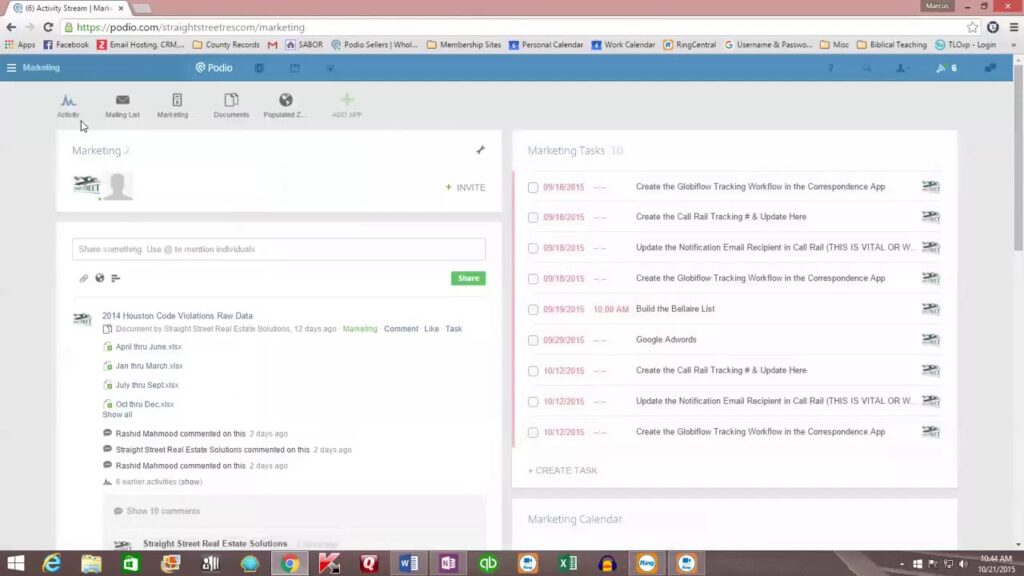Customer Relationship Management (CRM) is crucial for real estate investors as it helps them manage and nurture relationships with clients and leads, streamline operations, and ultimately, drive business growth. Here are some best practices and key performance indicators (KPIs) for real estate investors related to CRM:
Best Practices:
- Data Quality: Ensure that your CRM system has accurate and up-to-date information about your clients and leads. Regularly clean and update your database to prevent inaccuracies.
- Segmentation: Segment your contacts based on various criteria, such as location, property type preference, or buying stage. This enables you to personalize your communication and marketing efforts.
- Automate Routine Tasks: Use automation to streamline repetitive tasks, such as sending follow-up emails, appointment reminders, or property listings. Automation can save time and ensure consistency in your communication.
- Lead Nurturing: Develop a lead nurturing strategy to engage and educate potential clients over time. Provide valuable content, such as market insights, property updates, and investment advice.
- Integration: Integrate your CRM with other tools, such as email marketing platforms or property listing databases, to ensure a seamless flow of data and streamline your processes.
- Track Interactions: Record all client interactions within the CRM, including emails, phone calls, and meetings. This provides a comprehensive view of the client’s history and helps you tailor your approach.
- Collaboration: Foster collaboration among team members by sharing information and notes within the CRM. This ensures that everyone is on the same page when dealing with clients.
- Analytics: Use CRM analytics to gain insights into your clients’ behavior and preferences. This information can inform your marketing and sales strategies.
Key Performance Indicators (KPIs):
- Conversion Rate: Track the percentage of leads that convert into clients. A higher conversion rate indicates the effectiveness of your CRM and lead nurturing efforts.
- Lead Response Time: Measure the time it takes to respond to leads. Faster response times often lead to higher conversion rates.
- Deal Pipeline: Monitor the number and value of deals in your pipeline at various stages. This provides insights into your business’s potential revenue.
- Lead Source Effectiveness: Analyze which lead sources generate the most clients and the highest quality leads. This helps allocate resources effectively.
- Email Open and Click-Through Rates: Measure the engagement of your email marketing campaigns. High open and click-through rates indicate effective communication.
- Client Satisfaction: Collect feedback from clients to gauge their satisfaction with your services. Satisfied clients are more likely to refer others and provide repeat business.
- Time Spent on Follow-Up: Track the time your team spends on follow-up activities. Efficient use of time can lead to increased productivity.
- Cost per Acquisition: Calculate how much it costs to acquire a new client. This KPI helps in optimizing your marketing and sales budgets.
- Property Performance: If you’re involved in property management or investments, track property-specific KPIs like occupancy rates, rental income, and property appreciation.
By implementing these best practices and tracking relevant KPIs, real estate investors can leverage CRM systems to enhance client relationships, streamline operations, and drive business success.


